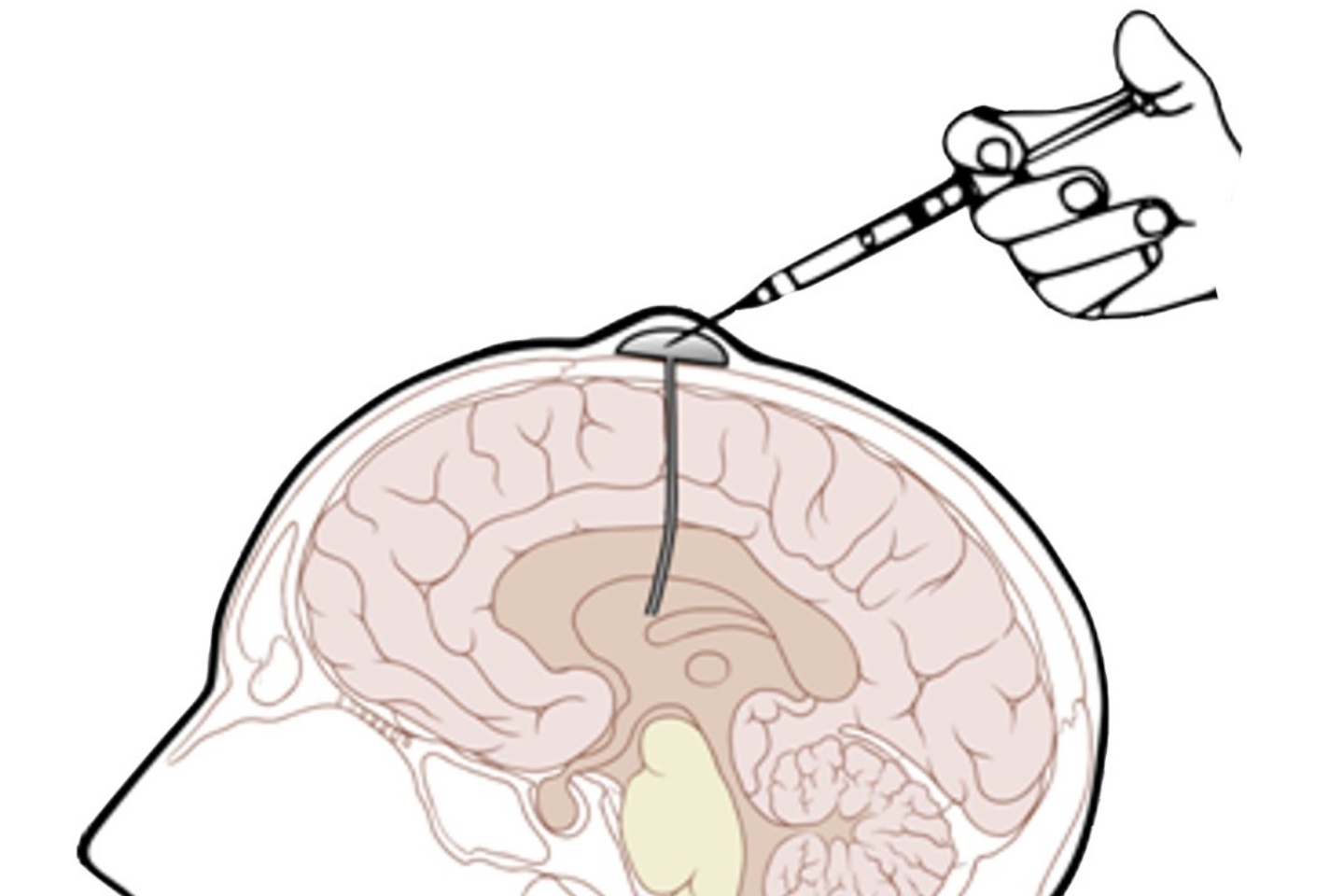Cell therapy cancer-fighter Chimeric Therapeutics is wasting no time on its mission to commercialise its novel potential treatment for glioblastoma. The ASX-listed company was given approval in April for a phase-1B clinical trial of the treatment, which employs the venom of the deathstalker scorpion. The first of multiple sites to enrol patients in the trial has now been revealed in the United States.


Chimeric Therapeutics is wasting no time on its mission to bring hope to brain cancer sufferers and commercialise its novel potential treatment, following approval in April for a phase-1B clinical trial in the United States.
The only clinical-stage cell therapy company listed on the ASX, Chimeric has opened the list for enrolment of trial patients with either recurrent or progressive glioblastoma multiforme (GBM) – or both – at a Texas-based medical centre. It is the first of several proposed sites for the trial.
GBM is a highly-aggressive and deadly cancer which often starts in the brain or spinal cord. It is fast-growing and has a poor survival rate – only about 40 per cent of patients are alive in the first year after their diagnosis and just 17 per cent the following year.
Chimeric is trialling a potential immunotherapy treatment it calls CHM 1101, which it describes as the “first-in-class” chlorotoxin (CLTX) chimeric antigen receptor (CAR) T cell therapy. The treatment employs CLTX, an amino acid peptide originally derived from the venom of the deathstalker scorpion, to target tumours.
The company says CHM 1101 demonstrated safety with 70 per cent disease stability in the initial two dose cohorts in its phase-1A investigator-initiated clinical trial at the City of Hope specialist cancer hospital in the US.
The next stage of testing the treatment is a phase-1B trial, often conducted to gain evidence on issues including the safety and tolerability by patients of a potential treatment.
The phase-1B trial for CHM 1101 is designed in two parts to determine a recommended dose and administration schedule. The aim is to assess CHM 1101’s safety and efficacy.
Chimeric Therapeutics chief executive officer and managing director Jennifer Chow said: “We are very excited to be activating the first site in our CHM 1101 Phase 1B clinical trial as it marks a new chapter in the development of CHM 1101. This multi-centre trial will enable us to more rapidly advance the development of CHM 1101 with recruitment across multiple clinical trial sites and also prepare us to accelerate the next phase of development if supported by the clinical results.”
The first site for patient enrolment for the trial is St. David’s South Austin Medical Center in the Texan capital of Austin. The facility operates the Sarah Cannon Transplant and Cellular Therapy Program.
Austin is between Dallas and San Antonio in Texas and St. David’s offers a range of medical services, including the area’s only adult transplant and cellular therapy program, which sits within its nationally-accredited oncology program.
The first part of the trial will enrol between three and six patients at the highest dose tested in the ongoing clinical trial at City of Hope Cancer Centre.
Chimeric expects to assess the clinical safety and activity from CHM 1101’s clinical program later this year. Should that review be favourable, the second part will be activated and an additional “dose expansion cohort” of between 12 and 26 patients will be enrolled.
The company then would design and launch a registration trial, in conjunction with global regulatory feedback.
In April, Chimeric received approval from authorities in India for a patent for CLTX CAR therapies. Similar approval is being sought in Israel.
The company is one of many global life sciences firms on a mission to end the scourge of cancer and CHM 1101 is one of the more advanced potential treatments in its pipeline.
Moreover, management believes CHM 1101 might also play a role in treating other solid tumours such as melanoma, colorectal and prostate cancers. Preclinical studies are investigating that potential.
The medical profession, cancer sufferers and families affected by the disease will be among those eagerly awaiting good news.
Is your ASX-listed company doing something interesting? Contact: matt.birney@businessnews.com.au












